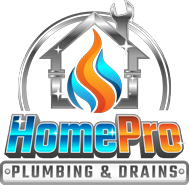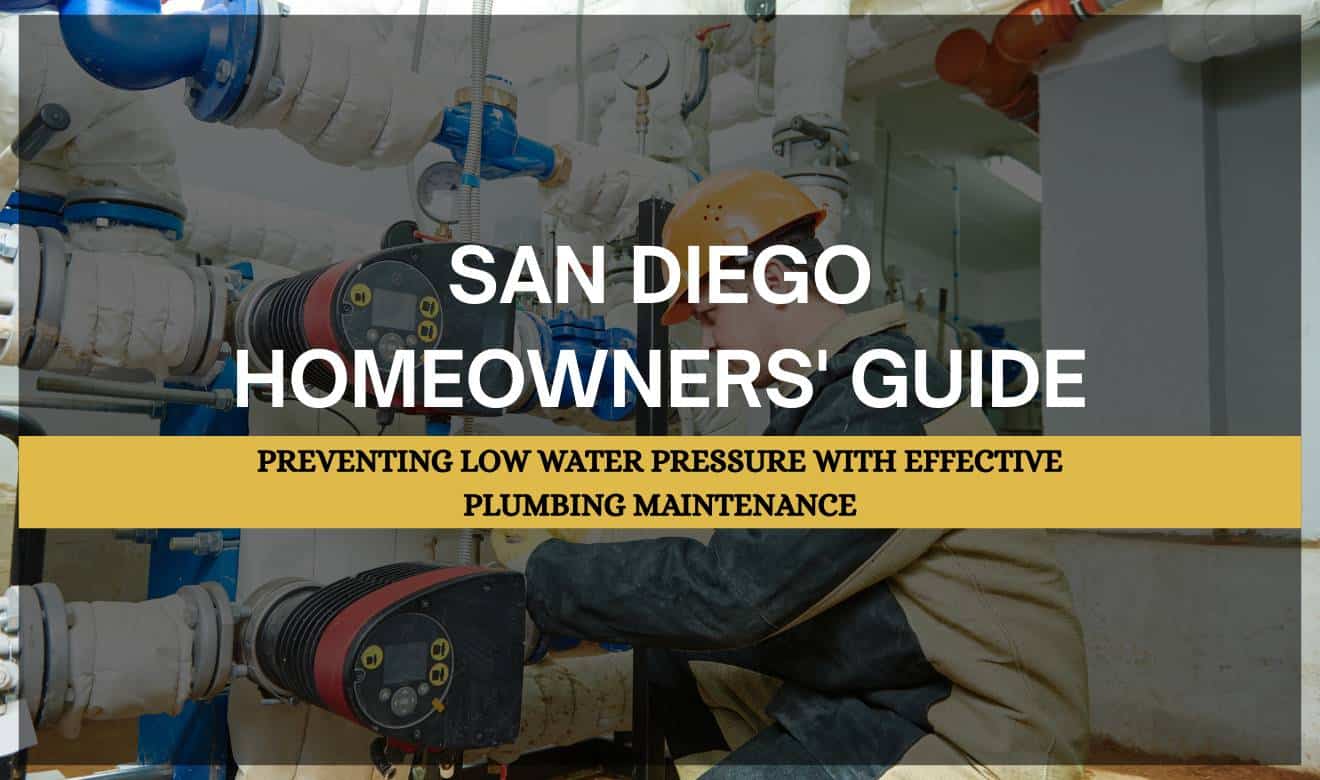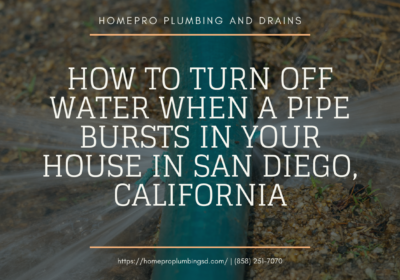San Diego Homeowners’ Guide: Preventing Low Water Pressure with Effective Plumbing Maintenance
If you’re a homeowner in San Diego, chances are you’ve experienced the inconvenience of low water pressure. Whether you’re trying to enjoy a hot shower or rinse off dishes in the kitchen, poor water flow can quickly become a daily frustration. The good news? A trusted low water pressure plumber San Diego can help identify the root cause and offer lasting solutions. This guide breaks down everything you need to know about how to maintain healthy plumbing and avoid costly repairs.
Understanding San Diego’s Water Challenges
The Effects of Hard Water on Plumbing
San Diego is notorious for its hard water. Filled with minerals like calcium and magnesium, hard water is a major contributor to low water pressure. These minerals build up over time inside your pipes, restricting the flow and causing your water pressure to drop gradually. For this reason, it’s essential to stay ahead of the problem. If you’re searching for solutions, contacting a low water pressure plumber San Diego might be the smartest move.
Why San Diego Homes Are Prone to Pressure Issues
Many homes in San Diego were built decades ago, and with age comes outdated plumbing systems. Combine that with hard water and a lack of regular maintenance, and you’ve got a recipe for poor performance. Understanding these regional specifics is key to tackling issues the right way, starting with reliable help from a low water pressure plumber San Diego.
Common Causes of Low Water Pressure
Aging Pipes and Corrosion
Older homes often have galvanized steel pipes that corrode over time. That corrosion narrows the pipe’s diameter, reducing water flow and resulting in—you guessed it—low water pressure. If you’re seeing rust-colored water or notice slow drains, it’s time to consider calling a low water pressure plumber San Diego to assess and upgrade your system.
Hidden Leaks and Blockages
Leaks can be sneaky. Even a small drip behind a wall can significantly impact water pressure. The same goes for blockages caused by sediment or debris buildup. One of the fastest ways to diagnose these issues is through a full inspection by a low water pressure plumber San Diego, who can detect problems the average homeowner might miss.
Faulty Pressure Regulators
Every home has a pressure regulator that helps balance the flow of water. When it malfunctions, it can cause your pressure to drop or spike unpredictably. If you’ve noticed inconsistent water flow, a low water pressure plumber San Diego can test and replace this component quickly.
The Role of Water Softeners
How Water Softeners Improve Pressure
Water softeners remove the minerals that cause hard water, drastically reducing the risk of buildup in your pipes. When you eliminate this buildup, your plumbing runs more smoothly and your water pressure improves. Installing a softener isn’t just good for your appliances—it’s a smart move to avoid ever needing a low water pressure plumber San Diego in the first place.
Choosing the Right System for Your Home
Not all softeners are created equal. Some are better suited for smaller households, while others are built to handle the water demands of a large family. It’s a smart idea to talk with a low water pressure plumber San Diego to determine which model fits your home best, based on usage, pipe size, and water quality.
Regular Plumbing Maintenance Tips
Annual Inspections Are Essential
Think of plumbing like your car: it runs better when it’s maintained. Having a low water pressure plumber San Diego perform an annual checkup can help you catch small issues before they turn into costly repairs. They’ll inspect pressure levels, look for early signs of corrosion, and make sure your water flow is steady.
Cleaning Fixtures and Aerators
Over time, minerals and debris clog faucets and showerheads. Removing and cleaning aerators can instantly improve your flow. Still, if your pressure issues continue after DIY cleaning, you may need a low water pressure plumber San Diego to do a more thorough system flush.
Flushing Your Water Heater
Sediment buildup in your water heater can impact both your water temperature and pressure. Flushing the unit once a year can solve this issue. If you’re unsure how to do it, a low water pressure plumber San Diego can take care of it for you while also checking for any other hidden issues.
Monitoring Water Pressure
Why Monitoring Matters
Knowing your home’s water pressure can help you catch problems before they spiral. Sudden drops are usually signs that something’s wrong. Investing in a basic pressure gauge or having a low water pressure plumber San Diego check it annually gives you peace of mind.
Tools and Techniques for DIY Monitoring
You don’t need fancy tools. A simple hose bib gauge can give you a reading in seconds. Ideally, your home’s pressure should be between 40 and 60 PSI. Anything lower may warrant a call to a low water pressure plumber San Diego, especially if the drop happened suddenly.
DIY Solutions for Minor Pressure Problems
Simple Steps to Restore Pressure
Before calling in the pros, try these steps: check for closed valves, clean faucet screens, and inspect for obvious leaks. Sometimes, fixing low water pressure is as easy as opening a valve all the way. But if these steps don’t work, it’s time to consult a low water pressure plumber San Diego.
Adjusting Your Pressure Regulator
If you know where your pressure regulator is, you can carefully tweak it to increase flow. But proceed with caution—too much pressure can damage your pipes. When in doubt, a quick visit from a low water pressure plumber San Diego can set things right without the risk.
When to Call a Low Water Pressure Plumber San Diego
Warning Signs You Shouldn’t Ignore
Persistent low pressure, banging pipes, or water discoloration are all red flags. These are signs that go beyond basic fixes and need professional attention. Calling a low water pressure plumber San Diego early can prevent more serious and expensive problems down the line.
Benefits of Professional Diagnosis
Plumbers use specialized tools to diagnose hidden leaks, corroded pipes, and faulty regulators. A seasoned low water pressure plumber San Diego will not only fix the issue but also recommend upgrades to prevent future problems. That’s peace of mind worth every penny.
Smart Upgrades and Prevention Strategies
Efficient Fixtures and Pipe Materials
Switching to modern fixtures can make a noticeable difference in your water pressure. Older ones often can’t handle today’s plumbing standards. Ask a low water pressure plumber San Diego about efficient fixtures or consider replacing narrow or outdated piping.
Water Conservation and Pressure Stability
Installing low-flow devices doesn’t mean sacrificing pressure. In fact, they’re often better engineered to maintain steady flow. A low water pressure plumber San Diego can help you conserve water while keeping pressure levels optimal.
Keep Your Flow Strong and Steady
Low water pressure can feel like a minor annoyance—until it isn’t. Luckily, with some preventative care and the occasional visit from a trusted low water pressure plumber San Diego, you can keep your home’s plumbing in top shape. Stay ahead of mineral buildup, schedule annual inspections, and don’t wait for a trickle to become a flood. Because in a place like San Diego, where water quality can be a challenge, smart maintenance is your best defense against low water pressure.
Ready to Restore Strong Flow? Call the Low Water Pressure Plumber San Diego Trusts
Don’t let low water pressure slow down your day—or worse, cause long-term damage to your plumbing. If you’re tired of trickling showers and underperforming faucets, it’s time to take the next step. HomePro Plumbing and Drains has built a trusted reputation in San Diego for helping homeowners just like you fix water pressure issues fast. From pinpointing hidden leaks to upgrading outdated systems, they offer the kind of reliable service that keeps everything flowing smoothly.
Call HomePro Plumbing and Drains today for a personalized inspection from a low water pressure plumber San Diego homeowners consistently count on. Your water should work as hard as you do—let them make sure it does.



